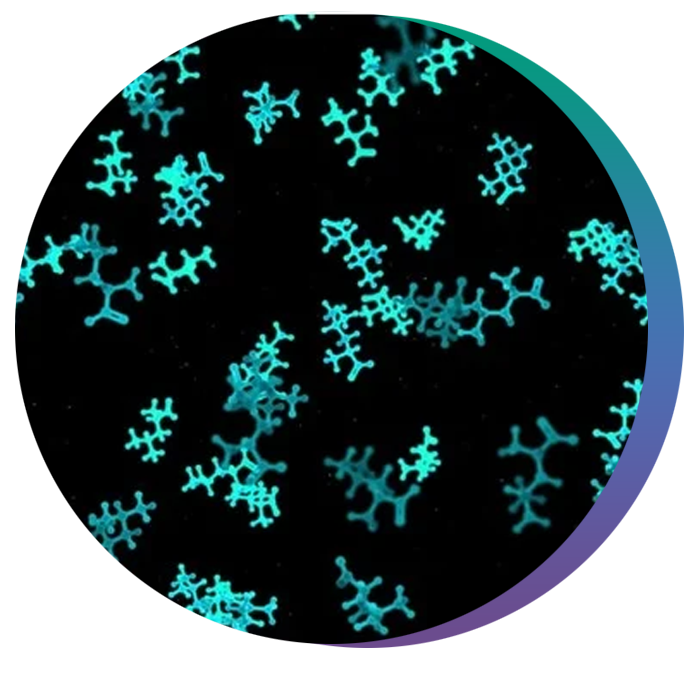Archive
Archive
ESSENTIAL ELEMENTS
Oxygen
We can live for days without water, weeks without food. But without oxygen, we can only live for a few minutes. Oxygen is involved in the respiratory action that all the cells in our body need to produce energy and perform functions. Oxygen is used in many metabolic processes in our body, which breaks down nutrients and produces energy. Oxygen also plays an important role in blood circulation in our body. The red blood cells in our body are responsible for transporting oxygen and delivering oxygen to each part of our body. In addition to the immune system, oxygen also affects the body's protein synthesis and tissue recovery.
Hydrogen
Hydrogen is the most abundant element on Earth, and it functions in various ways. Hydrogen is effective in anti-inflammatory, antioxidant, respiratory diseases, circulatory diseases, diabetes, and kidney problems. It acts as a cell growth signaling system through antioxidant and anti-inflammatory action. These actions improve rheumatoid arthritis and inhibit the neurological progression of bipolar disorder, schizophrenia and mental disorders. The biggest benefit of hydrogen is that it only selectively removes malignant active oxygen from our body, which causes disease and cancer. It also improves skin elasticity and has an anti-aging effect while hydrating our skin.
Water
Water, which has various effects, is one of the most important elements in our lives. Water helps us clean our bodies and stay healthy. Water intake plays a role in removing toxins from our body and promoting metabolism. Also, it circulates the nutrients our body needs and keeps our organs and tissues functioning well. More than 70% of our body is made up of water. Therefore, we can feel tired and lethargic if we don't drink enough water. Water provides energy to our bodies, keeps us balanced, and makes us active and energetic. Drinking enough water helps facilitate the digestion process and prevents constipation.
Minerals
Calcium, iron, magnesium, zinc, and potassium are essential minerals. Our body forms and maintains bones through calcium. Also, calcium helps regulate nerve and muscle function. Iron is responsible for producing blood and carrying oxygen. Magnesium is a mineral needed to control various functions of our body. Magnesium regulates nerve and muscle function and is also involved in energy production. Zinc plays a role in strengthening our body's immune system. It helps to activate immune cells and also contributes to the elimination of free radicals through antioxidant action. Potassium is a mineral needed to regulate the function of nerves and muscles. Potassium regulates the concentration of water and electrolytes in the body and stabilizes blood pressure.
Amino Acids
Amino acids play an important role in protein building body tissues in the body. In addition to being necessary components of body tissues such as muscles, bones, and skin, it supplies oxygen or nutrients throughout the body with red blood cell raw materials and activates the immune system by forming antibodies when bacteria or viruses invade. Amino acids have mental effects as well as physical effects. It helps improve memory and concentration and helps prevent dementia and senile diseases. Growth hormones are also protein hormones and are composed of amino acids, which promote hormones that are important for growing children.
Enzymes
Enzyme is a type of protein that exists in our body and is a special protein. It acts on all life activities in the body. All biochemical reactions occurring in the human body are catalyzed by enzyme. Metabolic enzymes generate biochemical reactions during digestion, and nutrients are absorbed into our bodies and converted into energy to help maintain life activity. Enzymes helps remove toxins from the body. It is enzymes that help to release nutrients that have not been absorbed into the body as debris. In addition, enzymes increase activity in the process of decomposing and promote movement in the intestine, which helps a lot in bowel activities.






